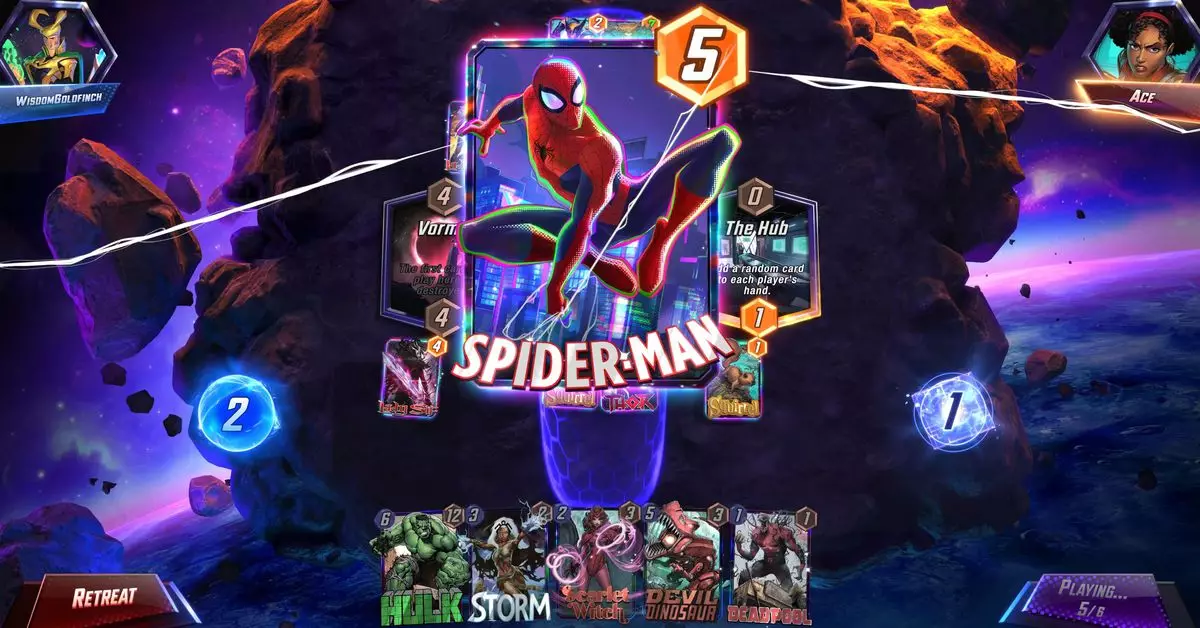Marvel Snap, a popular digital card game, recently faced a significant setback when access was abruptly cut off in the United States. This shutdown was a direct consequence of a legislative move that banned TikTok and similar applications owned by the multinational technology company ByteDance. With ByteDance also owning the game’s current publisher, Nuverse, the connection became a troubling nexus in the volatile landscape of digital gaming and internet regulation. Such disturbances highlight the fragile nature of apps that depend on a complex web of ownership and control in the face of shifting political climates and public policy.
In response to the setback, Second Dinner, the developer behind Marvel Snap, shared their strategic intentions in a public statement made on a Monday evening. They indicated plans to bring “more services in-house,” which suggests a move toward greater autonomy and self-sufficiency. This shift may encompass a reevaluation of operational dynamics, such as server management and customer service. The willingness to explore new publishing partnerships indicates a proactive stance aimed at fortifying the game’s accessibility and ensuring that similar interruptions do not reoccur in the future. The gaming community is likely to view this step positively, as it demonstrates a commitment to stabilizing the experience for players.
Despite these proactive measures, the game remains troublesome for players in terms of accessibility. Even after the developer’s announcement and intent to resolve the issue, Marvel Snap is still not listed on major platforms such as the App Store or Google Play. This restricted availability poses a dilemma for both new and existing players, as their ability to engage with the game (and its community) is compromised. Interestingly, while TikTok was able to restore its services within half a day after the initial ban, the challenges confronting Marvel Snap remain unresolved in a similar timeframe. The indication that the Steam listing is still functional offers a temporary relief but fails to cover the broader implications for mobile gamers, which constitute a large segment of the player base.
The situation surrounding Marvel Snap serves as a cautionary tale for the gaming industry, illustrating the potential ramifications of external, uncontrollable factors such as regulatory actions. The interconnectedness of digital platforms and ownership structures within the gaming ecosystem signifies that developers must remain vigilant and adaptive to the regulatory landscape that can affect their products. Future collaborations and strategic pivots will be critical for companies like Second Dinner, especially as they navigate the murky waters of app governance and platform dependencies.
While the road ahead for Marvel Snap is fraught with challenges, the actions taken by Second Dinner represent an essential step towards ensuring long-term stability and accessibility for players. The ultimate outcome remains uncertain, but the commitment to adapt and evolve is a promising sign in an ever-changing digital environment.


Leave a Reply
You must be logged in to post a comment.